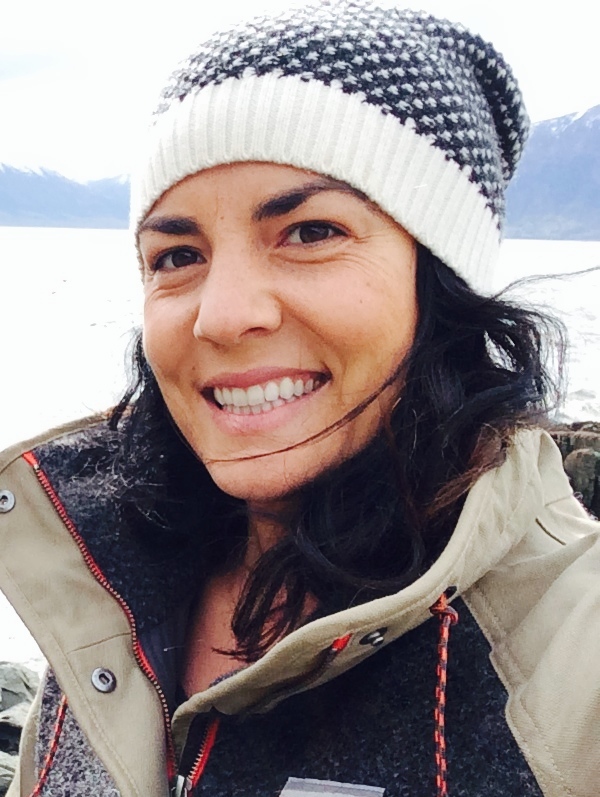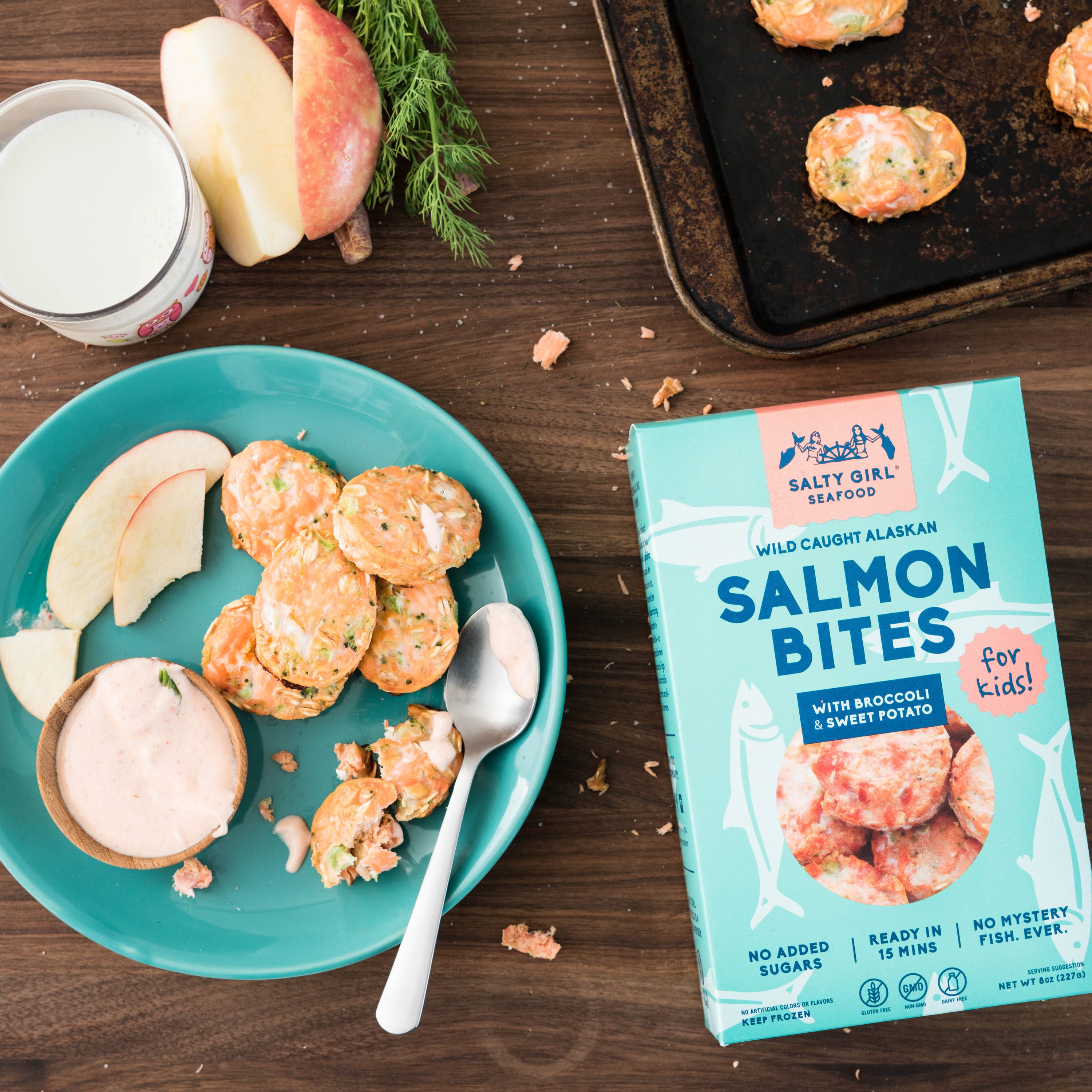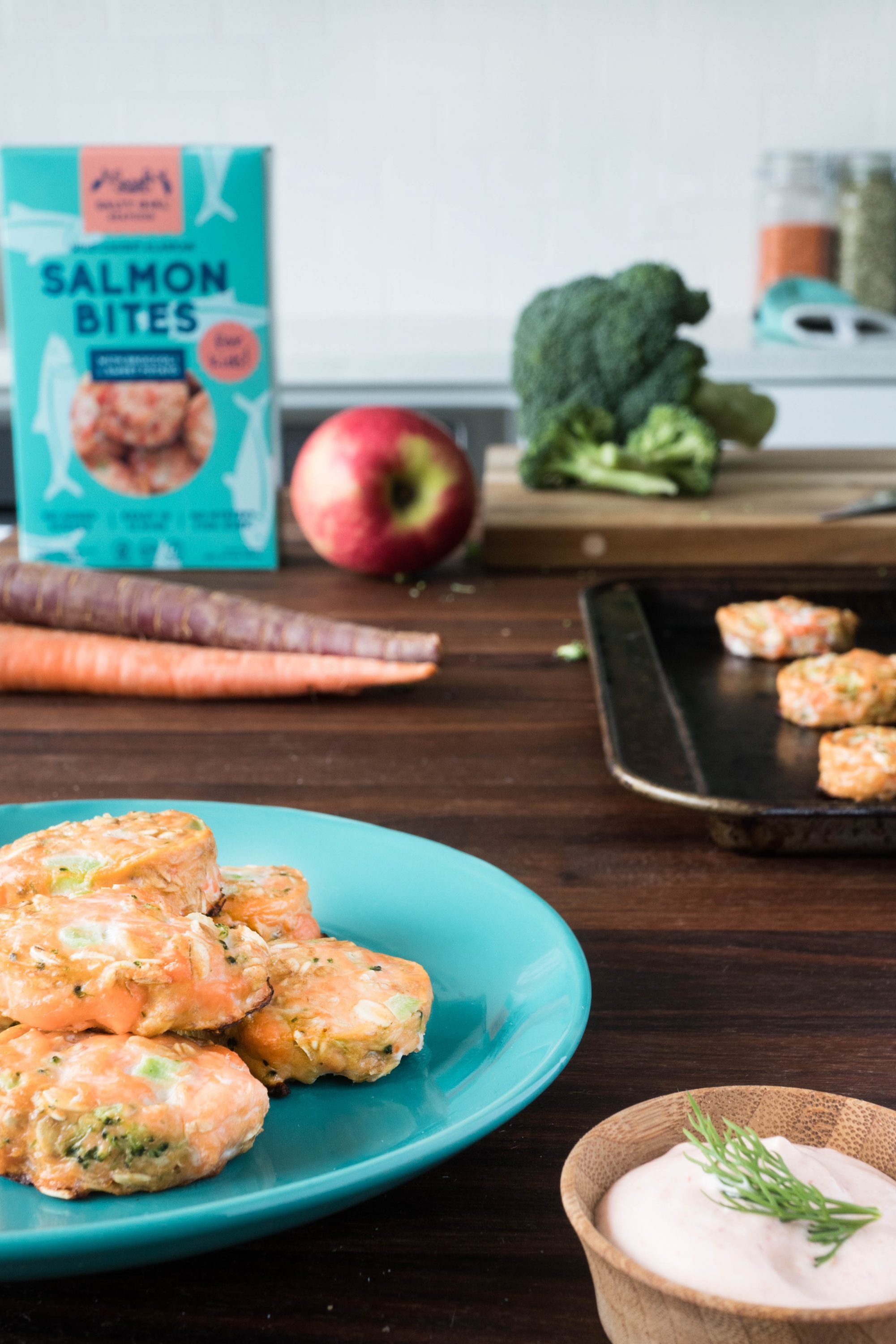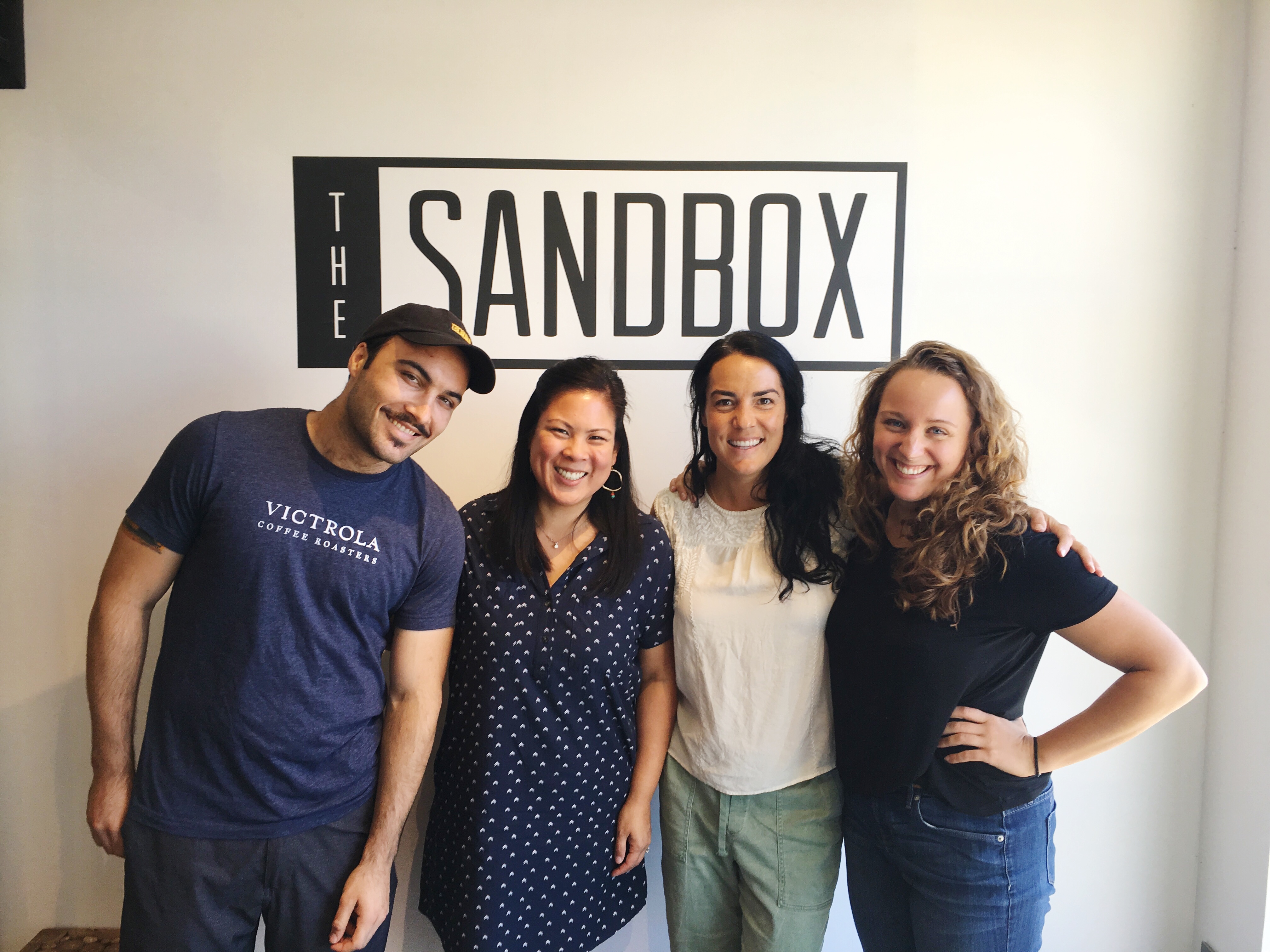Do you know where your food comes from? No? Don’t care? Well then shame on you. Not only is it to the benefit of your own health, but, also to the environment and natural habitats that have produced your sea-food wrap.
Since the horse-meat scandal there has been a lack of trust in supermarket food producers. Corners were cut and the public deceived, in a period that eventually came to a shattering end in 2013, with families shocked that their Sunday roast was in fact anything but traditional.
Law suits ensued, and investigations were formed to source out the extent of the whole deception. Now, food producers must provide a clear window of transparency to revive the trust with their consumers, and show how the decisions you make whilst wheeling your trolly down aisle 8 can help save a natural Salmon fishery.
One company leading the reconnection between producers and consumers is Salty Girl Seafood. Prided on their connection to the ocean, in which every fish they source is wild and free, Salty Girl is an extremely exciting food producer making you think twice about the journey your food has taken to reach your plate. I spoke to Norah Eddy, Co-Founder, to find out more about the brand, the mission and the future of Salty Girl Seafood.
Q: How did the idea for Salty Girl Seafood originate? And how does sustainability fit into the picture?
NE: Salty Girl was born out of a passion for the ocean and belief that there is a great need for creative problem solving when it comes to our environment. We founded the company as a team of twenty-somethings on a mission to drive change in the seafood industry.
Sustainability is the cornerstone of our business, it’s the reason we exist. When we looked around the seafood industry, we saw an opportunity to take our background as marine scientists to create accountability for using the word “sustainable.” We developed a 6-point sustainability assessment that vets gear types, management structures, population, monitoring, habitat impacts, and socioeconomic conditions, to guide our sourcing. But it doesn’t end there – knowing where your seafood comes from and how it was caught goes hand-in-hand with knowing whether it is sustainable – that’s why we provide that information on the back of every package we sell. In doing so, we hold ourselves to the highest standard, and challenge the industry to change the way they think about sourcing too.

In the Photo: Norah Eddy Photo Credit: Salty Girl Seafood
Q: How does Salty Girl Seafood adhere to its values and mission while also stay staying competitive? Is there a unique business model that you use?
NE: We sat down and put our mission and values on paper even before we had solidified our business model! We knew the impact we wanted to have as a company and what we wanted to stand for. We’re unique in the seafood industry as a mission-based company, run by millennial women. Our product line, Salmon Bites, was developed because we and our community are our consumers, families looking for food options for our kids that are better for us, and better for the planet. It’s our authenticity and commitment to our founding mission that allows us to be competitive. Together we’re launching a generation of kids who not only eat more seafood, but feel empowered to make good decisions about where that seafood comes from!
Q: Are there any unique challenges for sustainability in the food/fishing industry? How does Salty Girl Seafood overcome these challenges?
NE: The problems facing sustainability in seafood are two-fold. Not only do we face problems related to the resource itself: illegal, unregulated, and unreported fishing, overfishing, etc., we also face the problem that traditional seafood supply chains are long, fragmented, and opaque.
At Salty Girl, we overcome these problems by being part of the solution. We support wild capture fisheries that are well managed, with healthy populations. We educate our consumers, starting with the kids who eat our Salmon Bites, and empower them to become stakeholders in the future of our oceans. And we ensure that our products are traceable back to the source. We make all of the information about where, how, and by whom your fish was caught available to everyone. By using our brand as a way to bring people closer to their food, their ocean, we can help consumers become part of the solution, voting with their dollar, demanding that we do better.

In the Photo: Salty Girl Seafood Product Photo Credit: Salty Girl Seafood
Q: What do you think is the future of sustainability, particularly relating to the food/fishing industry?
NE: The future of sustainability in seafood begins with informed and empowered retailers and consumers. We have great power to drive change collectively by voting with our dollars and directing market share towards seafood products that are sustainably sourced, and have full traceability and transparency.
There is a great deal of innovation in the industry: advances in technology that can help us protect and manage marine resources; new ways of preventing the trade of illegally harvested seafood in our supply chains; the development of products that reduce waste and create efficiencies, and much more. We’ve also seen improvements in management strategies and the deployment of meaningful capital into fisheries around the world.
There is of course no silver bullet to overcoming the challenges we face in our oceans, but we’re making great strides as an industry to do better. I’m hopeful for the future of our oceans, and encouraged and inspired to be part of this growing movement of companies that are part of the solution.

In the Photo: Salty Girl Products Photo Credit: Salty Girl Seafood
EDITORS NOTE: The opinions expressed here by Impakter.com columnists are their own, not those of Impakter.com









